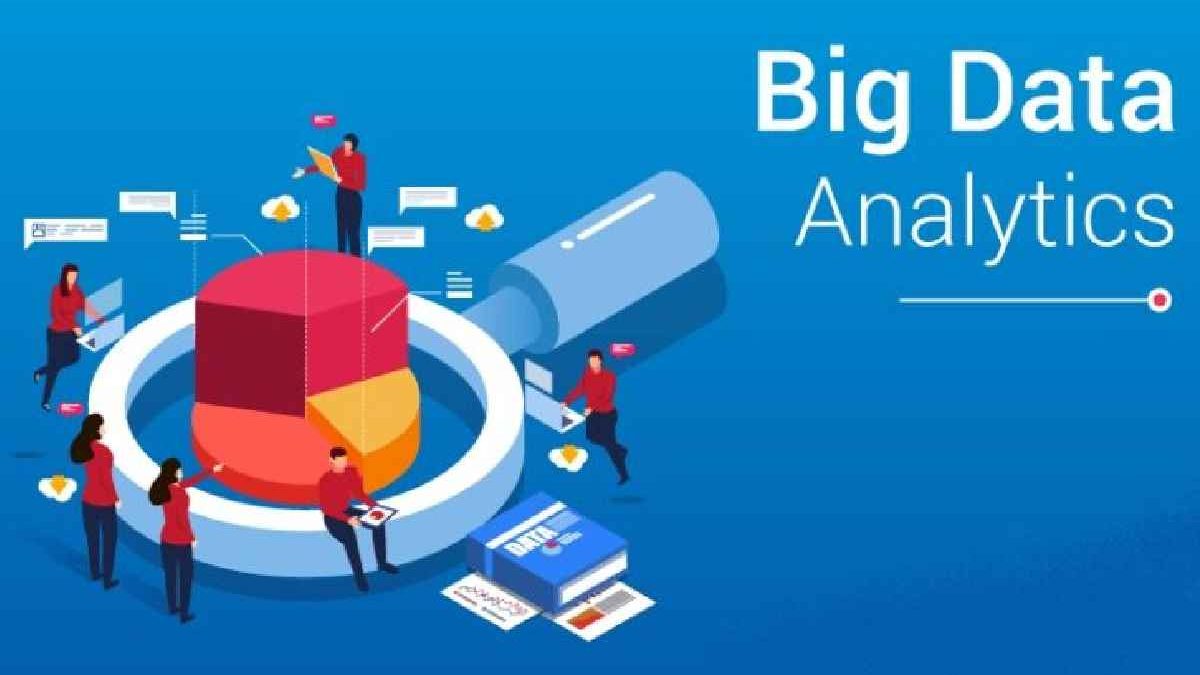Big data edu.ayovaksindinkeskdi.id – In this article, we will find out the concept of big data definition, its features, and the benefits it provides. We’ll also discover how big data helps businesses and organizations make knowledgeable decisions and improve operations. We’ll also consider big data’s challenges and potential drawbacks and how to mitigate them.
Table of Contents
What is Big Data?
Big data refers to the enormous amount of structured and unstructured data developed and collected by businesses, organizations, and individuals. This data is so large and composite that traditional data processing and examining techniques are inadequate. Big data typically involves using advanced technologies and tools to manage, store, process, and study large datasets to extract valuable insights.
What are the Features of Big Data?
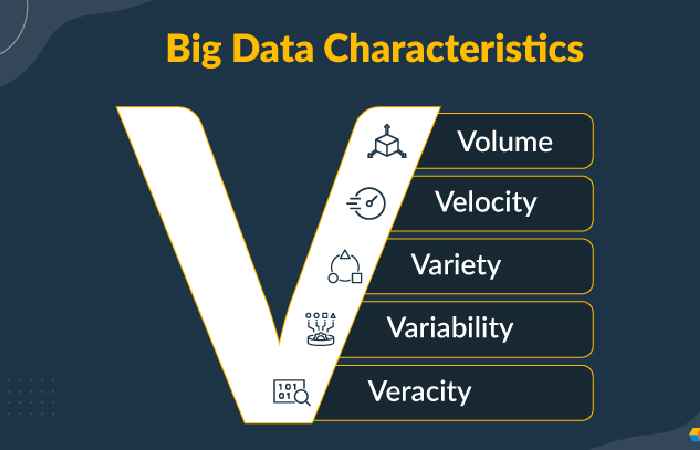
Big data definition has four main features, known as the 4 Vs: volume, velocity, variety, and veracity.
1. Volume
Volume refers to the sheer size of the data. Big data involves datasets that are too large to be handled by traditional data processing systems. The volume of big data remains measured in terabytes, petabytes, and even exabytes.
2. Velocity
Velocity refers to the speed at which data is generated and processed. Big data is often developed in real-time or near-real-time and requires fast processing to derive insights. Velocity is critical for businesses that make quick decisions based on real-time data.
3. Variety
Variety refers to the diverse types and sources of data. Big data can come from numerous sources, such as social media, sensors, mobile devices, etc. The data can be structured, semi-structured, or unstructured.
4. Veracity
Veracity refers to the exactness and trustworthiness of the data. Big data can be noisy and comprise errors, and it’s vital to ensure data quality to avoid making incorrect decisions based on wrong information.
What are the Benefits of Big Data?
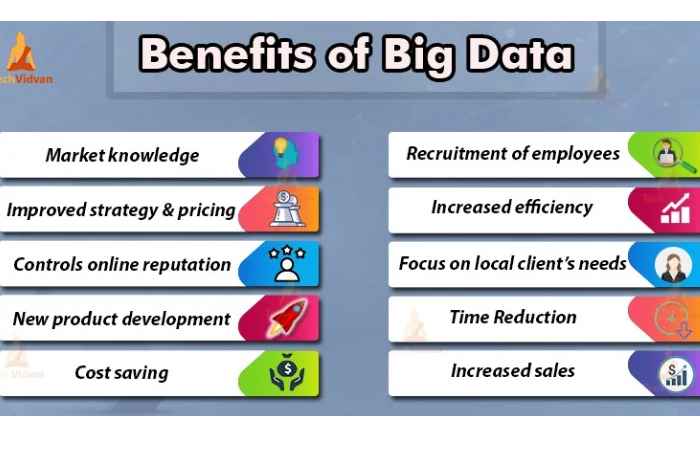 Big data offers significant benefits for businesses and organizations, including:
Big data offers significant benefits for businesses and organizations, including:
1. Better Decision-Making
Big data provides businesses with valuable insights that help them make informed decisions. By analyzing large datasets, companies can identify patterns, trends, and correlations that help them understand customer behavior, market trends, and business operations.
2. Improved Operational Efficiency
Big data helps businesses optimize their operations by identifying areas where they can improve efficiency and reduce costs. For example, companies can use big data to track inventory levels, improve supply chain management, and identify production bottlenecks.
3. Better Customer Insights
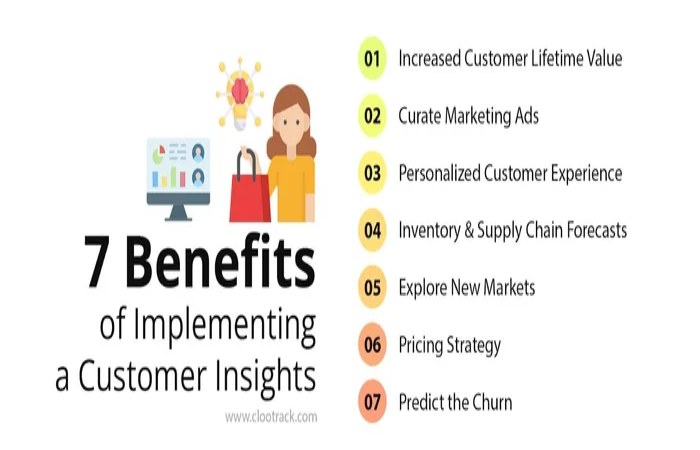
Big data helps businesses gain a deeper understanding of their customers. Companies can identify customer preferences, interests, and behaviors by analyzing customer data, allowing them to tailor their products and services to meet customer needs.
4. High Competitiveness
Big data gives businesses a competitive advantage by giving them insights that their competitors may not have. By leveraging big data, companies can stay ahead of the curve and make data-driven decisions that help them grow and succeed in their respective industries.
Challenges of Big Data
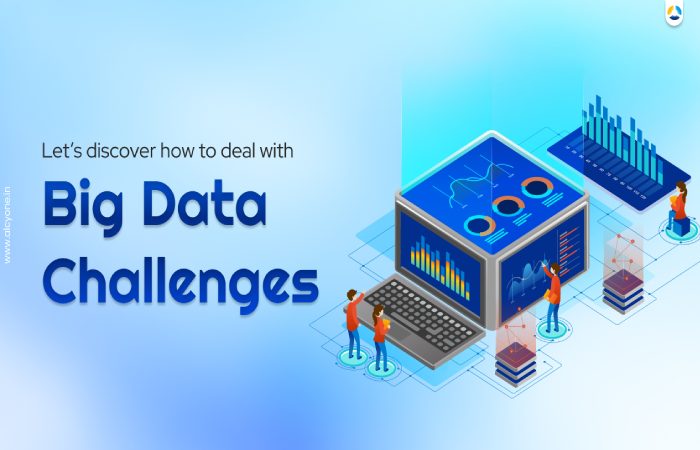
While big data offers significant benefits, it also poses challenges that businesses and organizations must overcome. Here are some of the most common challenges of big data.
1. Data Privacy and Security
The large amount of big data raises concerns about privacy and security. Organizations must take measures to secure their data from unauthorized access and protect their customers’ personal information.
2. Data Quality and Consistency
Big data can be noisy and contain errors, making ensuring data quality and consistency challenging. Organizations must establish data quality controls to ensure the data they analyze is accurate and reliable.
3. Technical Expertise and Infrastructure
Big data requires advanced technologies and infrastructure, such as high-performance and cloud computing, to manage and process large datasets. Organizations must have the technical expertise and resources to handle big data effectively.
4. Ethical Concerns
Big data can raise ethical concerns about how organizations collect, analyze, and use data. Organizations must be transparent about their data practices and adhere to ethical and legal standards.
Mitigating Big Data Challenges
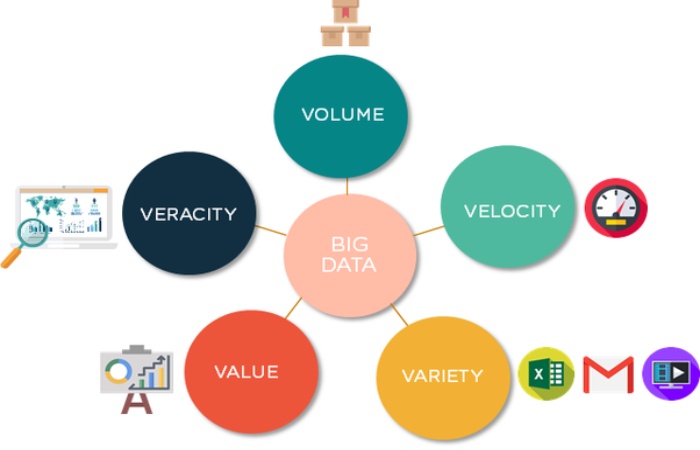
To overcome the challenges of big data, organizations can take several steps to mitigate risks and ensure successful outcomes:
1. Establish Data Governance Policies
Organizations should establish data governance policies that define how they collect, store, process, and use data. These policies should ensure data privacy and security, develop quality controls, and outline ethical and legal guidelines.
1. Implement Data Quality Controls
To ensure data quality and consistency, organizations should implement data quality controls. These controls should include data cleaning, normalization, and validation to ensure the data is accurate, complete, and consistent.
2. Develop Technical Capabilities
Organizations should invest in the technical capabilities needed to handle big data effectively. It includes advanced technologies such as cloud computing, big data analytics tools, and high-performance computing infrastructure.
3. Ensure Ethical and Legal Compliance
Organizations must adhere to ethical and legal standards when collecting, processing, and using data. They should be transparent about their data practices and comply with regulations such as GDPR and CCPA.
Conclusion
Big data definition offers significant benefits for businesses and organizations, including better decision-making, improved operational efficiency, enhanced customer insights, and increased competitiveness. However, big data also poses challenges such as privacy and security, data quality and consistency, technical expertise and infrastructure, and ethical concerns.
By establishing data governance policies, implementing data quality controls, developing technological capabilities, and ensuring honest and legal compliance, organizations can overcome these challenges and leverage big data successfully.

